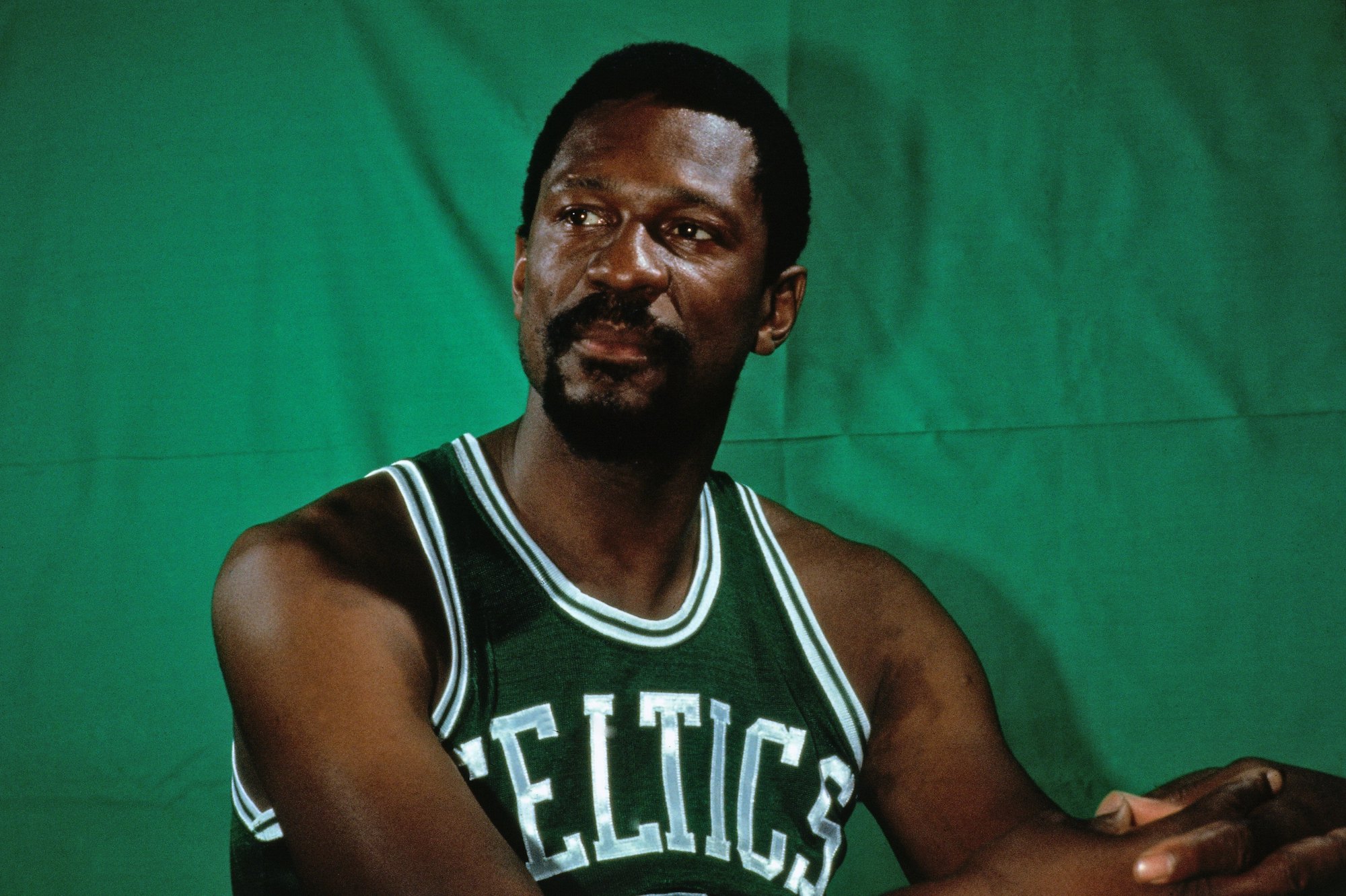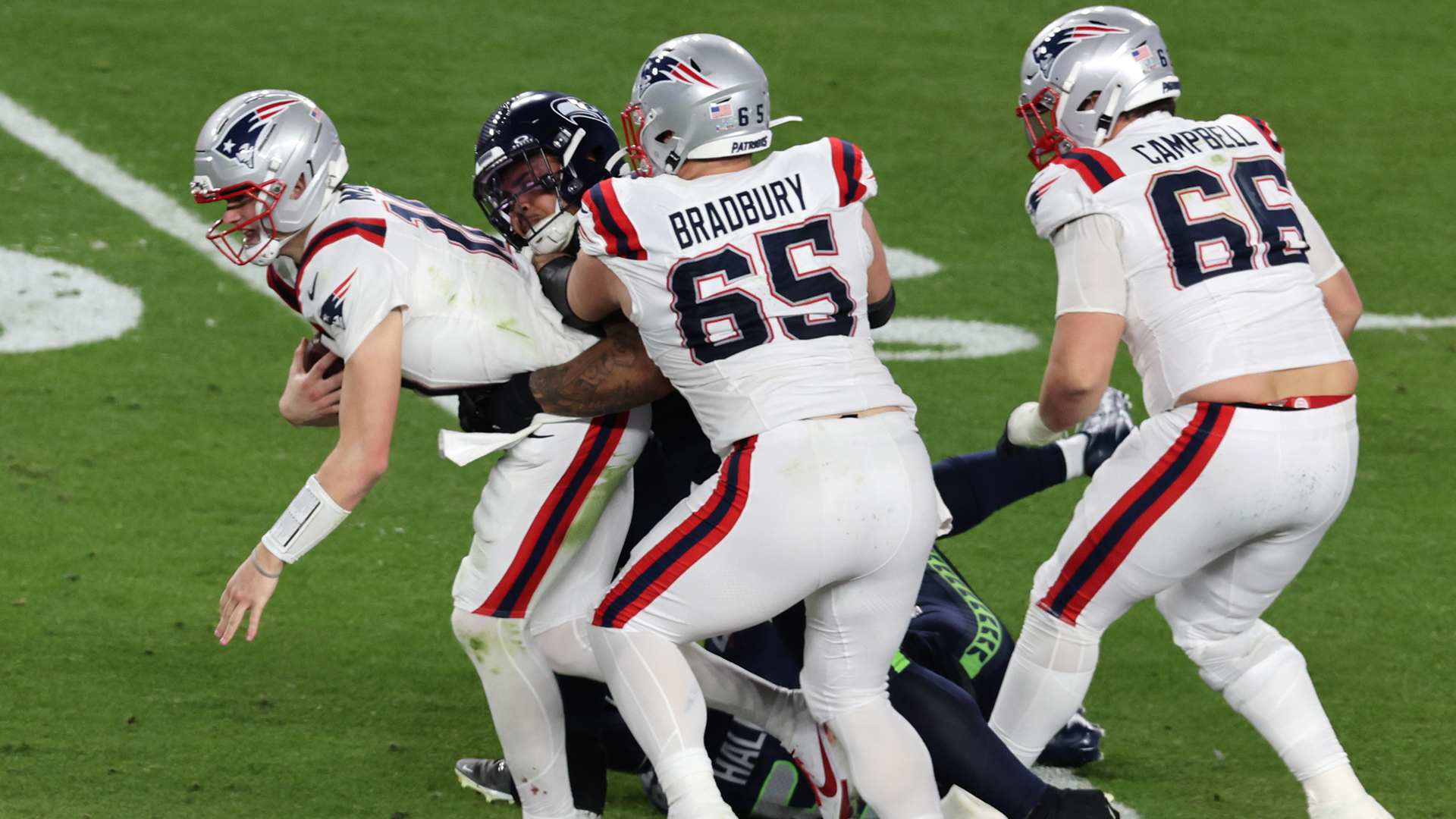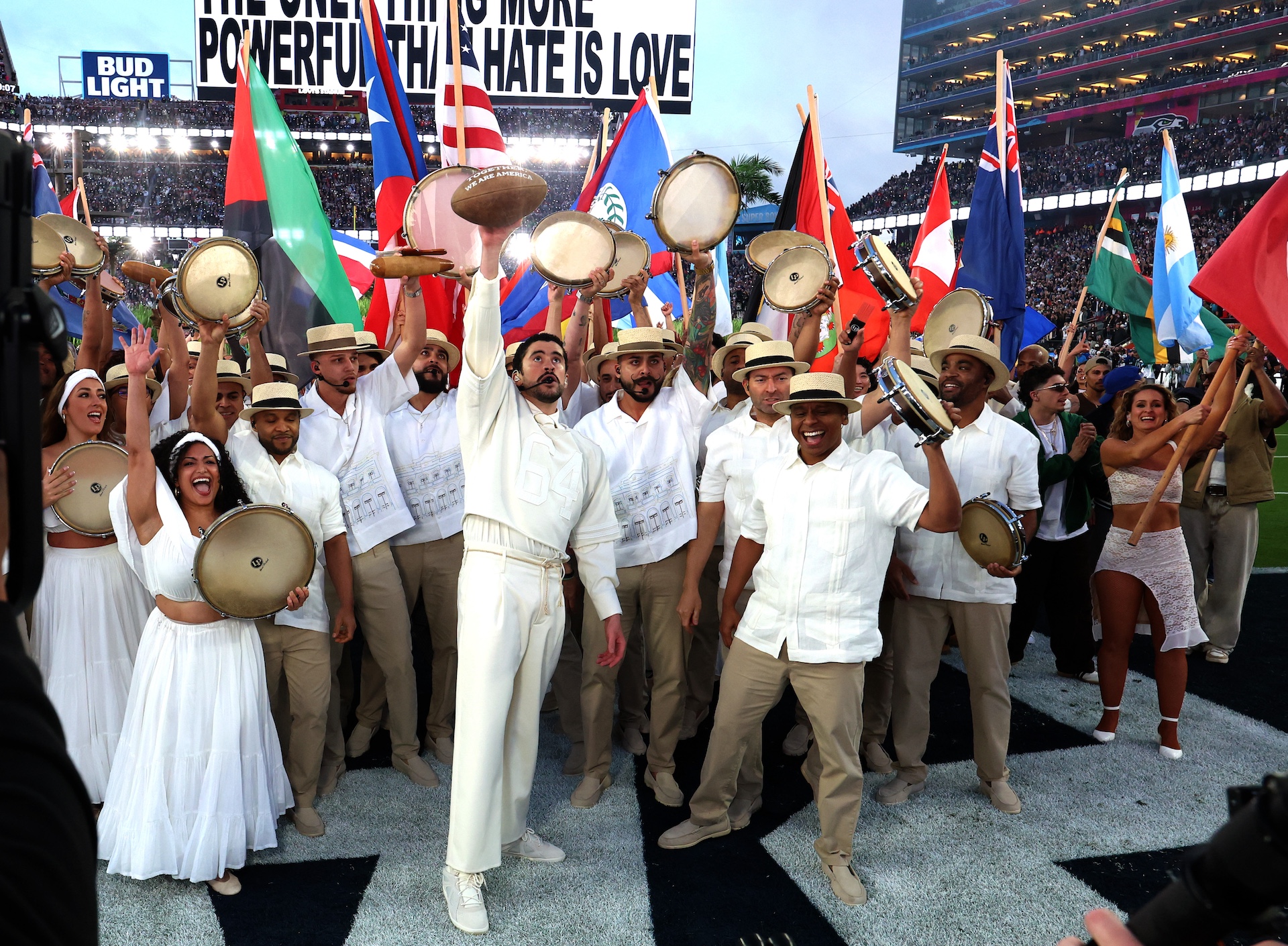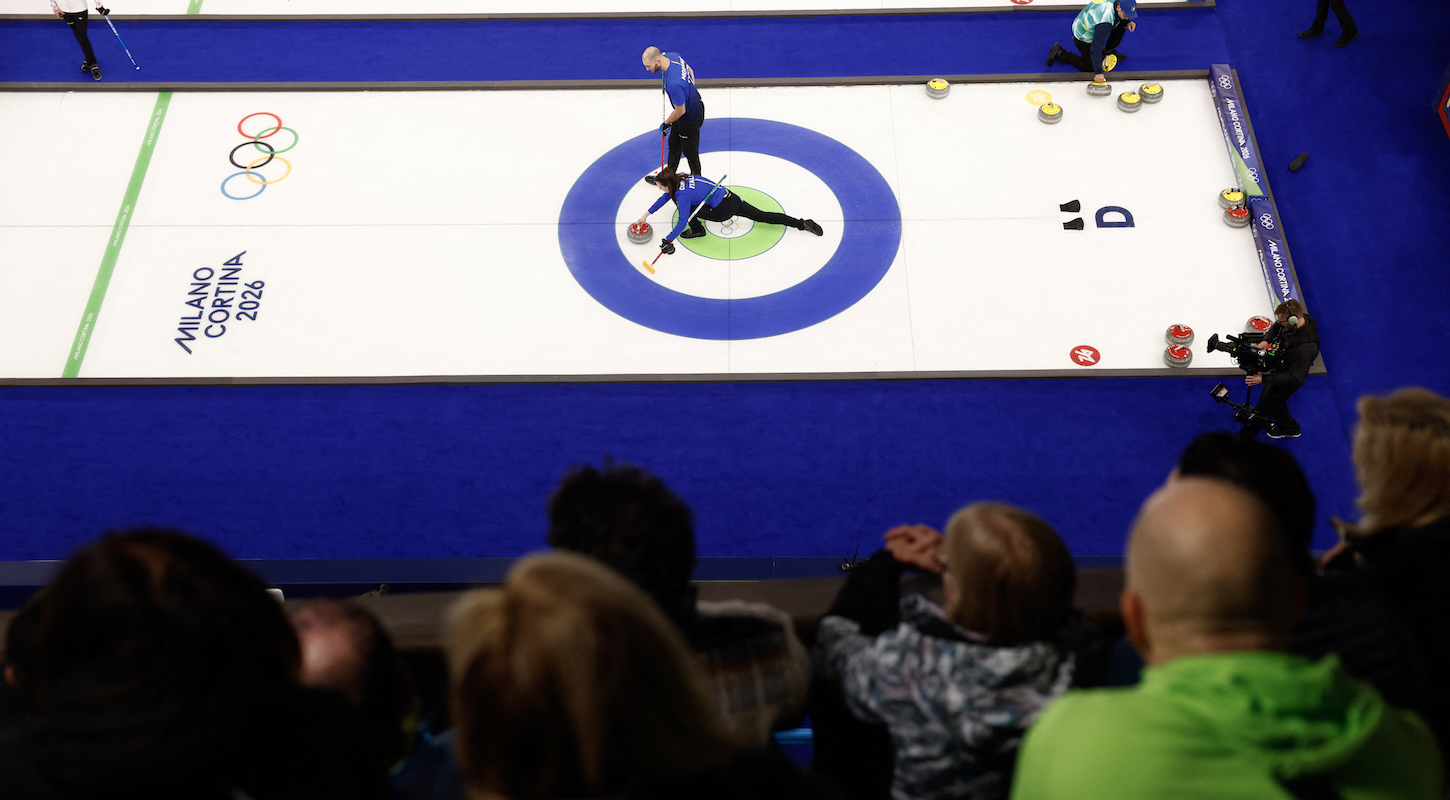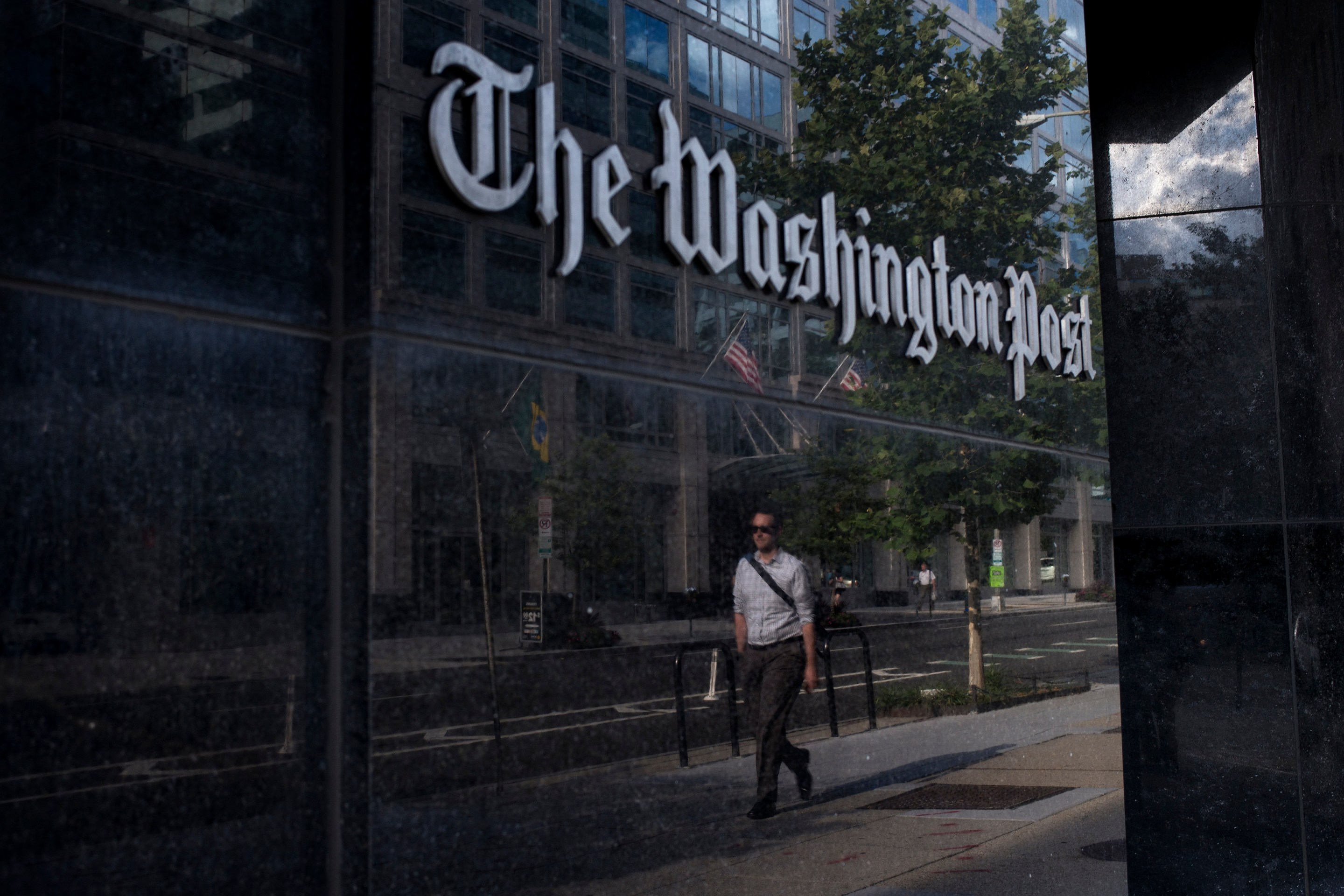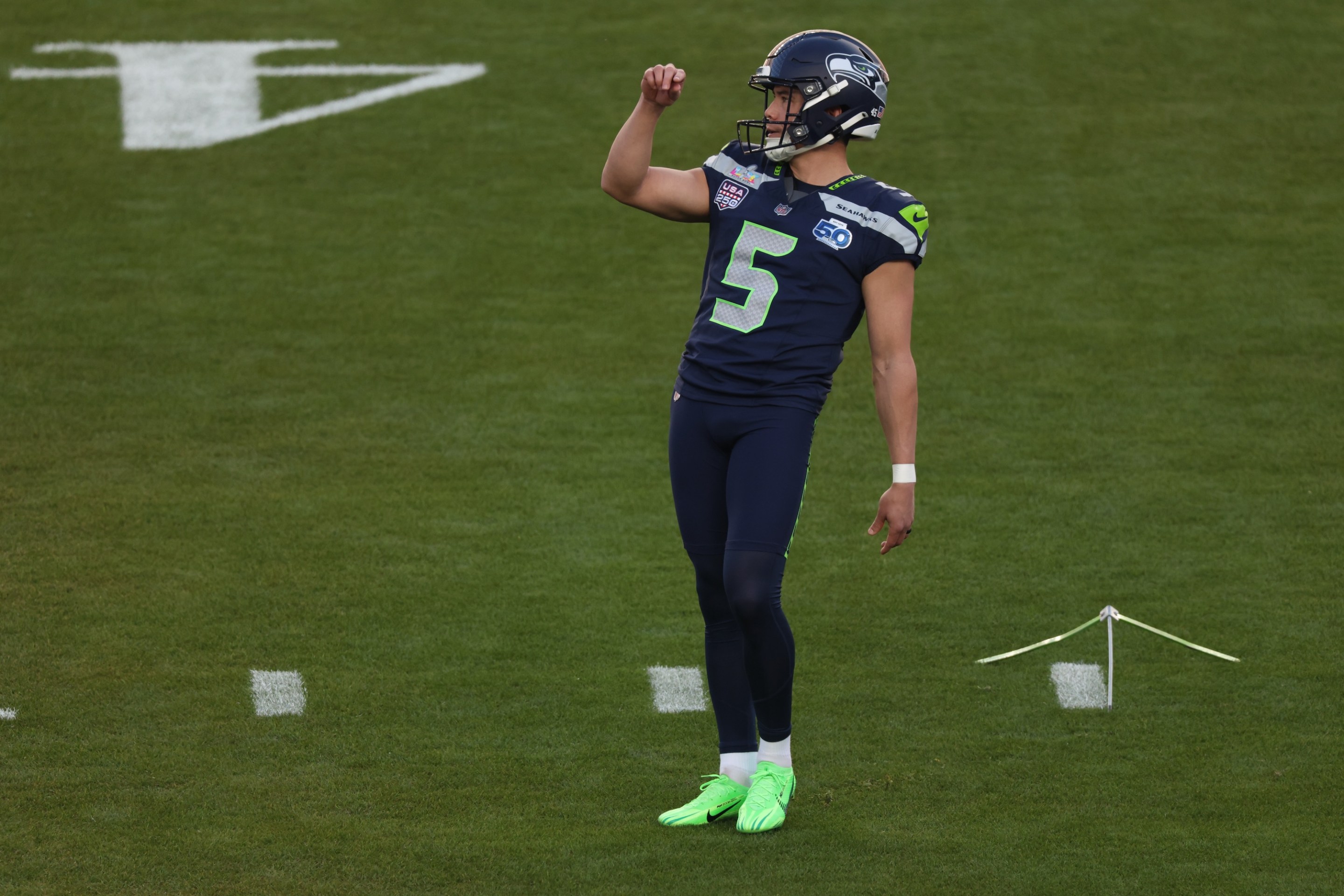The FBI released its Bill Russell files this week. Almost all of the declassified documents, copies of which Defector Media’s Diana Moskovitz had requested after Russell’s July 2022 death, are filled with boilerplate racism and white paranoia covertly compiled between 1971 and 1974. The bureau that J. Edgar Hoover built clearly got riled up whenever Russell had any dealings with prominent civil rights activists. That's not exactly man-bites-dog stuff from the public dicks. What is new in this file is a seemingly unsourced allegation that Russell bet against his own team.
Much of the file comes from early 1971, as redacted or otherwise unnamed sources told the FBI that Russell was in contact with Huey Newton and Eldridge Cleaver, both Black Panther higher-ups. Newton and Cleaver were feuding at the time, and it appears the feds were concerned that Russell was intent on serving as an intermediary in hopes of mending fences between the two. The FBI, from the sound of things, wanted the power struggle to continue. The FBI, however, gave up its investigation when it determined that Russell had gotten in touch with the Panthers in hopes of landing guests for a syndicated TV show that would soon hit the airwaves, The Bill Russell Show.
Another fine example of hamfisted cop skills comes in a memo where FBI investigators are told that the “Bill Russell” they’d tracked to Panther figurehead Angela Davis’s birthday party in January 1971 “was not identical” to their intended investigative target of the same name.
By late 1973, the FBI seemed to abandon any effort to prove Russell, described in the file as “an arrogant black who generally refused white children his autograph in an abusive way,” was an actual enemy of the state: "There is no indication in our files that Mr. Russell is a black extremist or is involved in black extremist activities,” states a newly released FBI memo dated Nov. 27, 1973.
That document was prepared at the request of Jane Dannenhauer, an aide in the Nixon White House whose title was “staff assistant, Security.” You’d think the Nixon White House would have more serious matters to attend to than Bill Russell at that time. Dannenhauer, for example, received another work memo mere months later, in August 1974, telling her she had a new boss.
But Dannenhauer and in all likelihood the new president weren’t ready to let Russell go. Because in September 1974, Dannenhauer was sent a compendium of all FBI investigations of Russell through the years. The document was prepared at the request of the White House under Gerald Ford, who somehow had the motivation and time to go after the transcendent basketball star despite having taken over a very disheveled country from Richard Nixon just a month before.
And that particular memo, the most recent in the FBI’s document dump, includes one bombshell of an accusation against Russell: He bet on his team to lose.
Russell “was one of three professional basketball players named in a possible sports bribery investigation conducted by the FBI in November, 1966,” the document alleges. “Russell was named as betting $11,000 on the Philadelphia team to win the basketball game with the Boston Celtics in November, 1966.”
At the time, Russell was the new player-coach of the Celtics, who had won eight consecutive NBA titles. The FBI file claims that teammate and fellow future Hall of Famer Sam Jones had a buy-in of “either $2000 or $3000” of Russell’s five-figure wager.
The released documents contain no evidence to support the gambling accusation against Russell. The FBI attributes the lack of a follow-up report from law enforcement to a determination that “players betting on a game or games in which they are involved did not constitute a violation of the sports bribery statute at the time, and further inquiry did not establish prosecutable evidence during the basketball season against the captioned individual and other wagering professional players.”
In 1966, $11,000 would have been a massive bet for a pro athlete, even one of Russell’s stature. The contract Russell got from the Celtics in April 1966 to be player-coach called for him to be paid only $125,001. The New York Times called him both “the first Negro” to direct a professional sports franchise and “the highest paid coach or manager in professional sports history.” (Russell was in the middle of a three-year pact as a player at the time that paid him $100,001, or not coincidentally $1 more than rival Wilt Chamberlain’s salary; he then got an extra $25,000 to assume Red Auerbach's duties as head coach.) To believe the FBI, you’d have to buy that Russell put nearly 10 percent of his salary on the line. And, according to the FBI files, “the bet placed by Russell resulted in his loss.”
The Celtics played Chamberlain and the Philadelphia 76ers just once in the month of November 1966. Russell only had four points that Nov. 5 matchup, won 105-87 by Boston, but recorded 26 rebounds in a game the FBI wants us to believe he was tanking. Sam Jones had a game-high 29 points. Perhaps these guys couldn’t even lose a game when they wanted to.
But the Celtics had also played the Sixers days earlier. On Oct. 29, 1966, the Celtics lost, 138-96, in what was at the time the worst loss in franchise history. Russell had 12 points and 19 rebounds. Sam Jones did not play.
The Boston Globe’s gamer on the blowout loss did not disclose what kept Jones on the bench, but sports gambling was in the news at the time. That same Oct. 30, 1966 edition of the Globe had a front-page story about investigations of match-fixing after allegations that contests in the fledgling American Football League weren’t on the up-and-up.
Could the FBI have misunderstood the snitch about what game was dirty? When the FBI said Russell’s bet “resulted in his loss,” did they mean financial? Could the other Bill Russell in the agency's files have placed a bet on the Sixers? Hmmmm.
Russell’s not around to respond. Below is the file released this week; Defector has put in a request for any additional documents on Bill Russell that the FBI has lying around.
